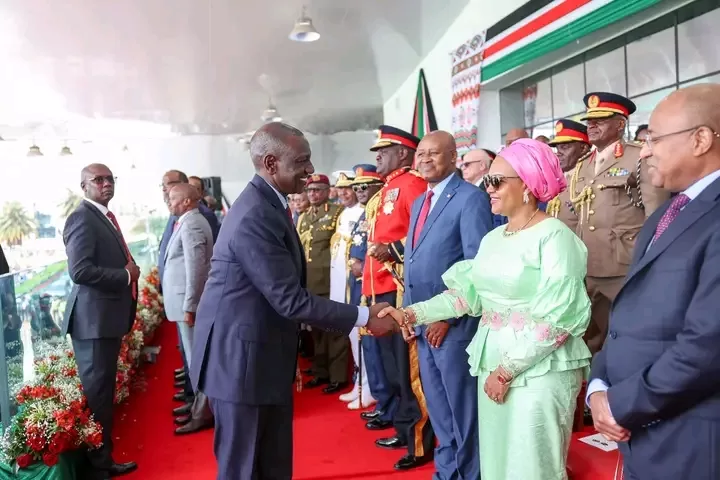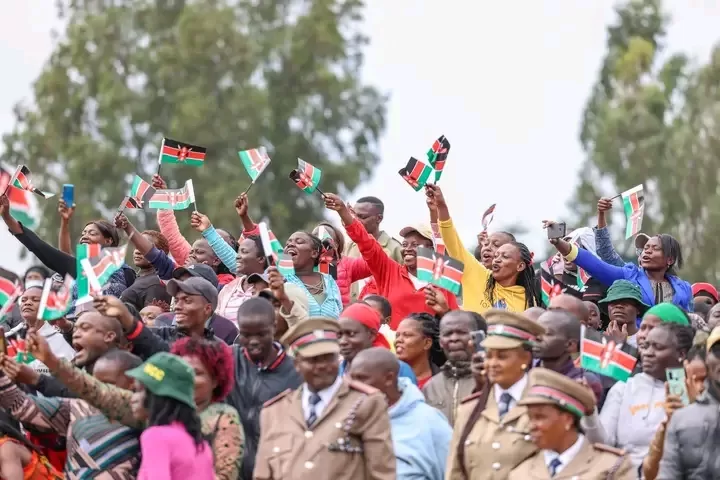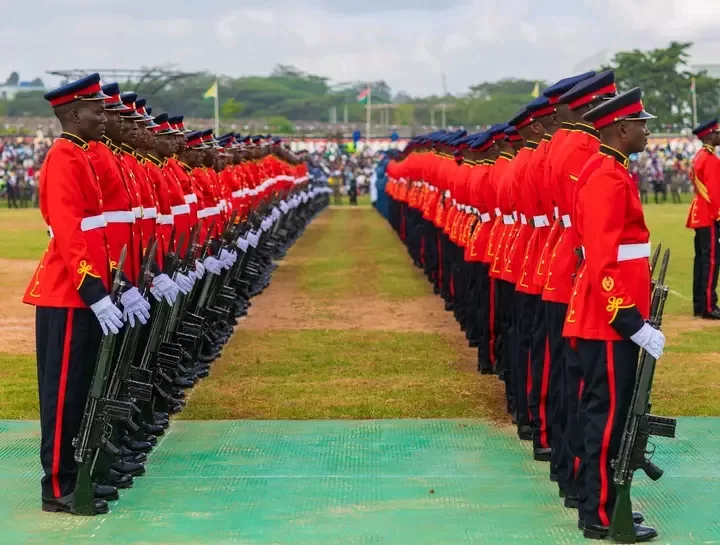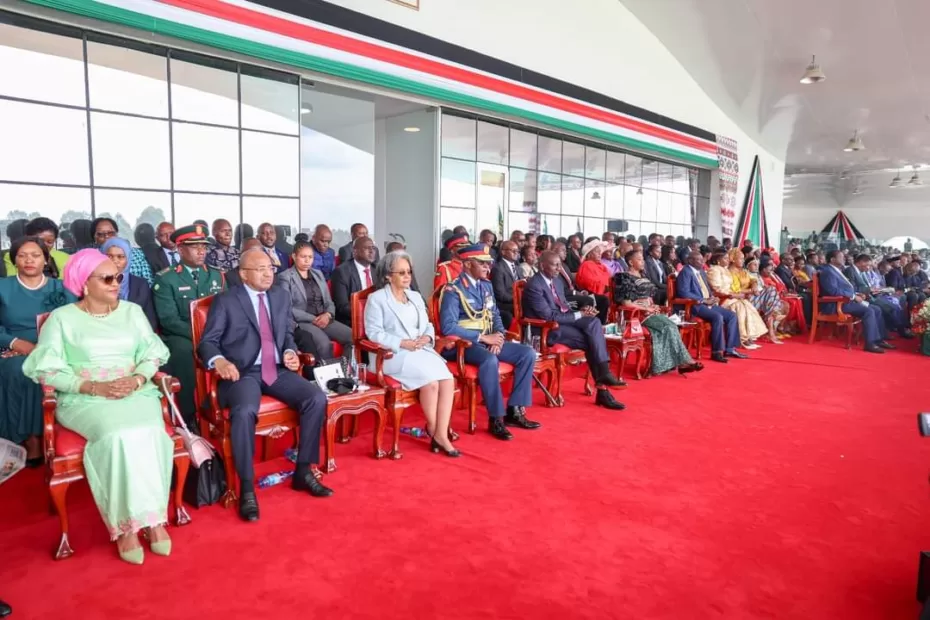Kenya’s President William Ruto on Tuesday, December 12 announced that visitors to Kenya from across the world will no longer require a visa to enter the country from January, 2024.
The president was speaking during celebrations at Uhuru Gardens in Kenya’s Capital, Nairobi where the Country marked 60 years since independence from Britain.
During the event, President William Ruto said East Africa’s largest economy had developed a digital platform. The platform would ensure all visitors receive electronic travel authorization in advance, instead of needing to apply for a visa.
Ruto had earlier in the year announced Kenya’s plan to lift visa restriction for all Africans before the end of 2023
At a conference in the Republic of Congo in October, he said people from African countries would not require a visa to visit Kenya by the end of 2023.
The Kenyan leader has been vocal about the need to remove visa barriers as part of implementing a global free trade area.
“Kenya has a simple message to humanity: Welcome Home!” he said.
Kenya now joins Rwanda, Gambia, Seychelles and Benin as African countries with a visa-free policy. The latter, however, extended visa-free travel to African citizens only.
Also Read: Rwanda Waives Visa Requirements for All AU Countries

Kenya’s Milestone Since Independence
60 years ago, Kenya gained independence. Today, its undeniable that Kenya has made progress in democratic and institutional maturity.
“Our peers at that time, nations like South Korea, Singapore and Malaysia, have similarly made immense progress in democratic and institutional maturity.
They have, however, made much more economic progress than us and, as a consequence, they are much more advanced today than we are,” Ruto stated.
Lately, Kenya has made democratic and political journey. Moving from a single party to multiparty, personality and ethnic parochialism to issue-based and national politics, from violent and intolerant discourse to orderly and peaceful elections.
However, according to Ruto, Kenya has not made much progress with the economy. This is because savings as a GDP percentage has been dismal.
Further, there is much hope as he called on Kenyans to take up the unfinished of actualizing economic prosperity as a contribution to perfecting Kenya’s national sovereignty.
He also called on Kenyans to focus on ways and means of transforming the economy. He stated that Kenyans can make the right decisions. Mores so the necessary sacrifices and smart choices to set Kenya on the path of economic renaissance.
Additionally, the President noted that the economic indicators point to good news. Inflation is now at 6.8%, down from a high of 9.2% last year.
“In the last 6 months, our GDP has grown at 5.4%, making Kenya the 29th fastest growing economy in the world, according to the World Bank,” Ruto stated.
The President also underscored Kenya’s human capital, innovative, smart-working, professional labour force. Be started that human capital is probably the single most potent arsenal that can drive economic progress.
At the same time, he stated that globally Kenyans have excelled in semi-skilled, skilled and professional occupations. This comes from the immense expenditure on training, learning and education.
More so, he said education in general is the most appropriate investment in the development of the human capital necessary for economic progress.
Also Read: DRC Waives Visa Requirements for Kenyans

Key Economic Drivers
Kenya has key economic drivers. One of them is tourism. Tourism industry in Kenya plays a vital role in the economy, offering beach holidays along its Indian Ocean coastline and wildlife safaris inland.
Another key economic driver is Agriculture. Kenya prides itself in Agriculture. It plays a central and pivotal role in the economy. Agriculture contributes to food security, supply of raw materials for agro-processing and value addition. More so, manufacturing for domestic and export markets, creating jobs and creating wealth.
The President noted that the country has began registration of farmers. It’s also providing crop-specific fertilizer, reforms in the tea, coffee, sugarcane and edible oils sectors.
At the same time, the state is providing mobile driers and other interventions across the nation. This is intended to reduce the cost of food.
Currently, food consumes 54% of household incomes. However this is set to reduce by half of Kenya’s food import bill. The bill now stands at Ksh500 billion.
At the moment, Kenya has made tremendous Infrastructure development. This development is a critical enabler for transformation of agriculture, delivery of health, job creation and overall economic growth.
As a result, the country has made more investment in road and rail network, electricity generation and connection. More so, water harvesting, storage and reticulation continue to be a critical component of our development strategy.
According to President Ruto, Kenya has developed a comprehensive multi-year plan. The plan is progressively being implemented to support the overall socio-economic development of the country.
Present during the event in Nairobi were President of Ethiopia Sahle-Work Zewde, President of Zanzibar Hussein Mwinyi, Vice-President of Burundi Prosper Bazombanza, and Secretary-General of the Africa Continental Free Trade Area Wamkele Mene, among others.


